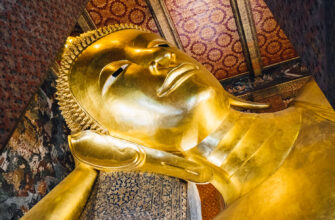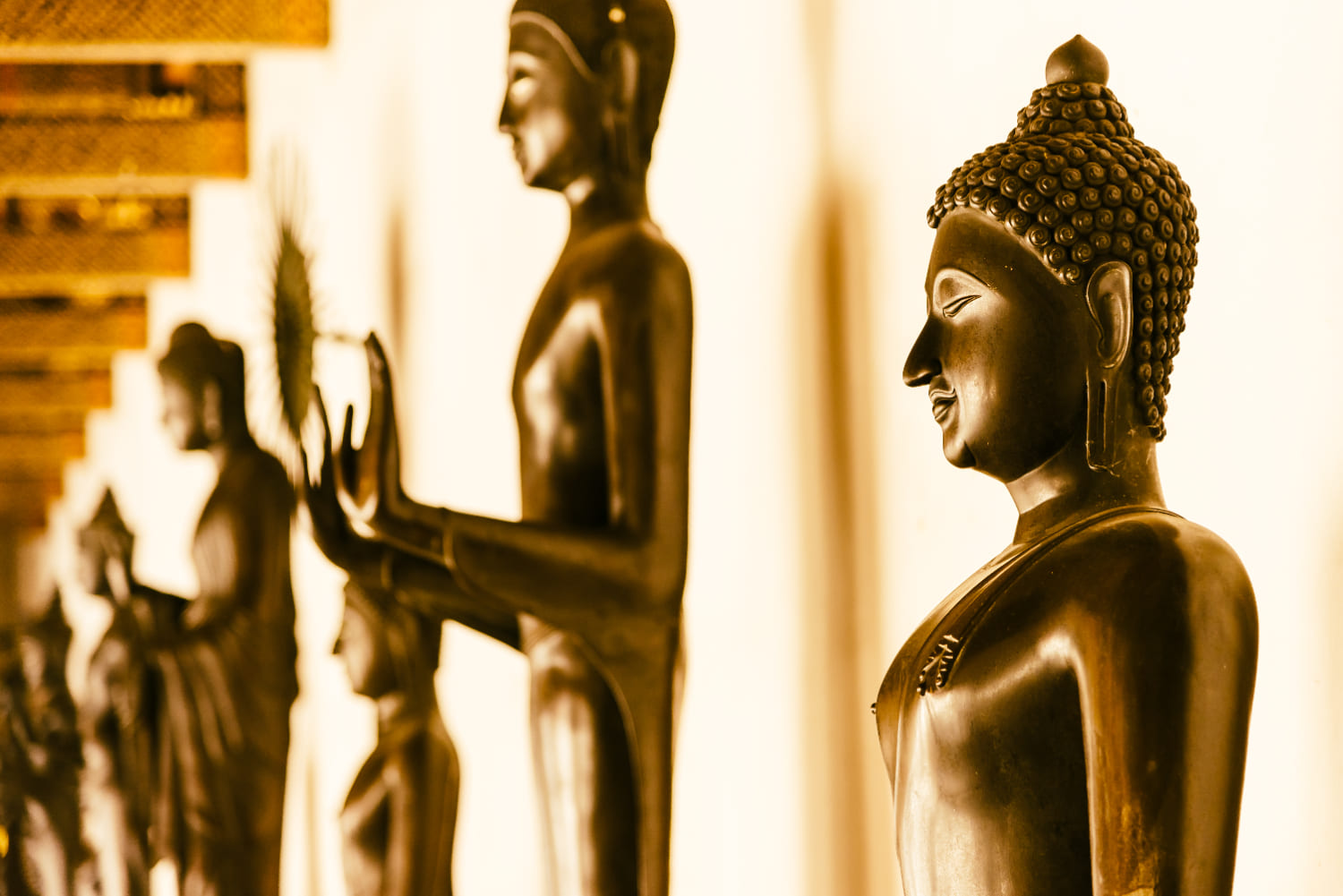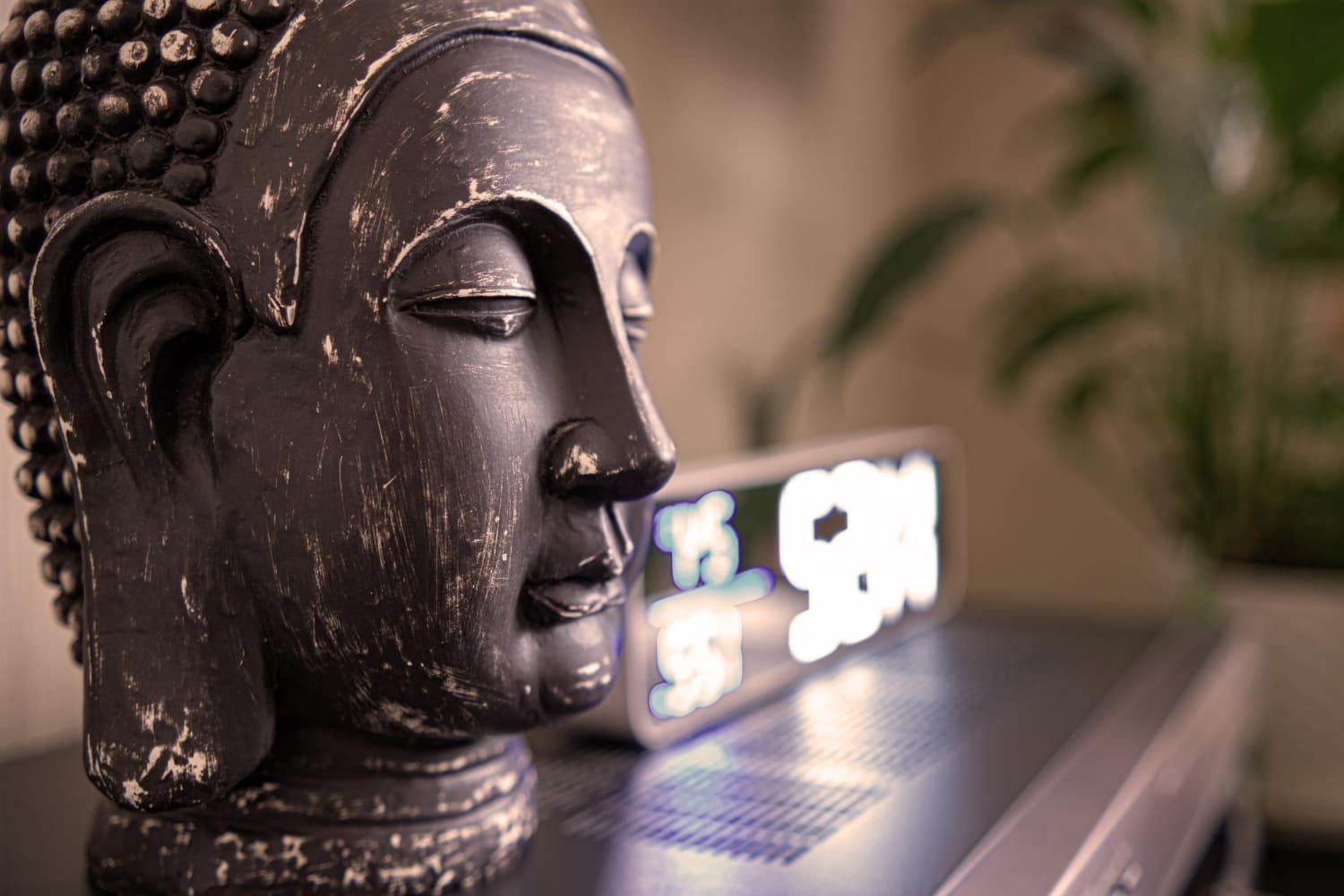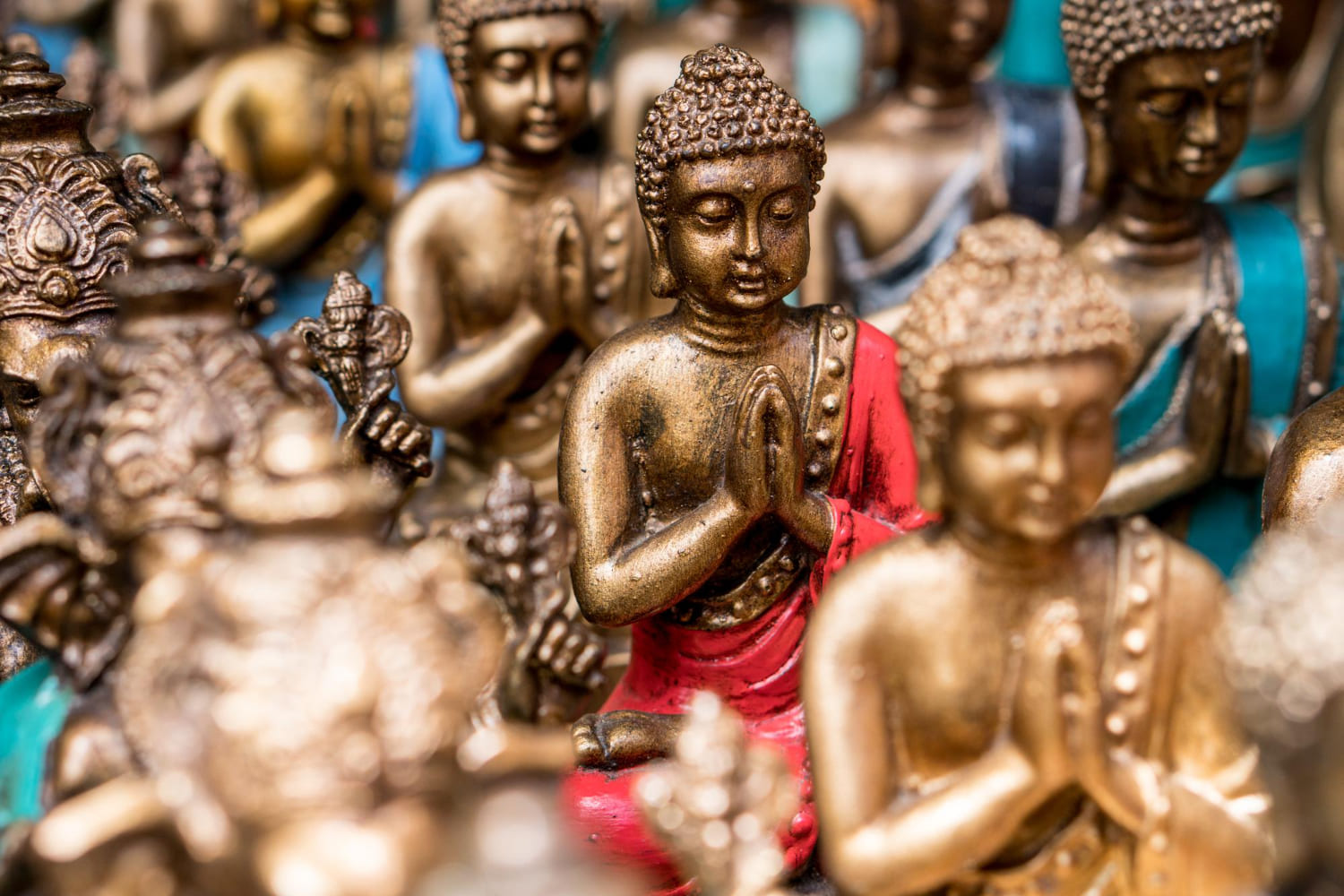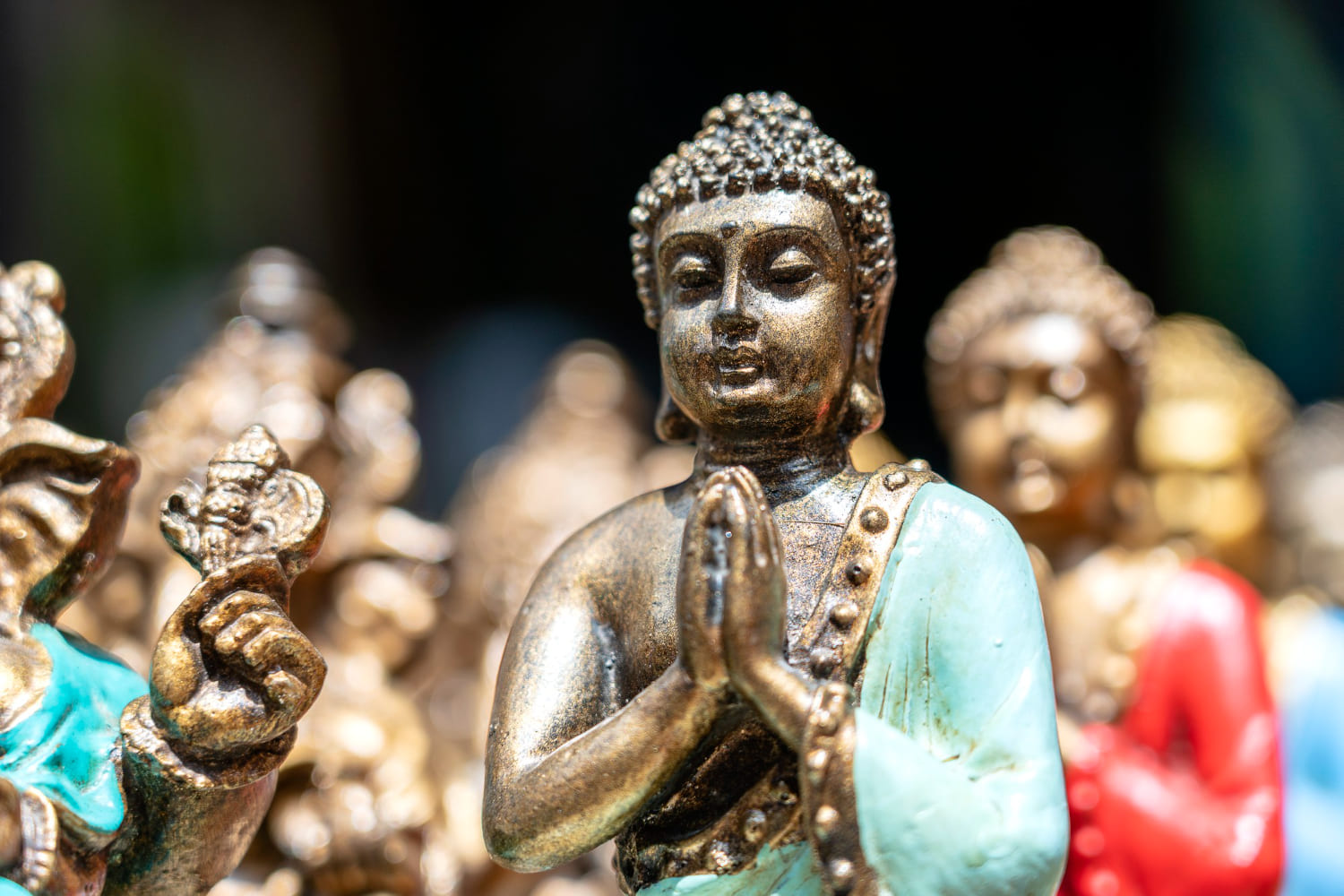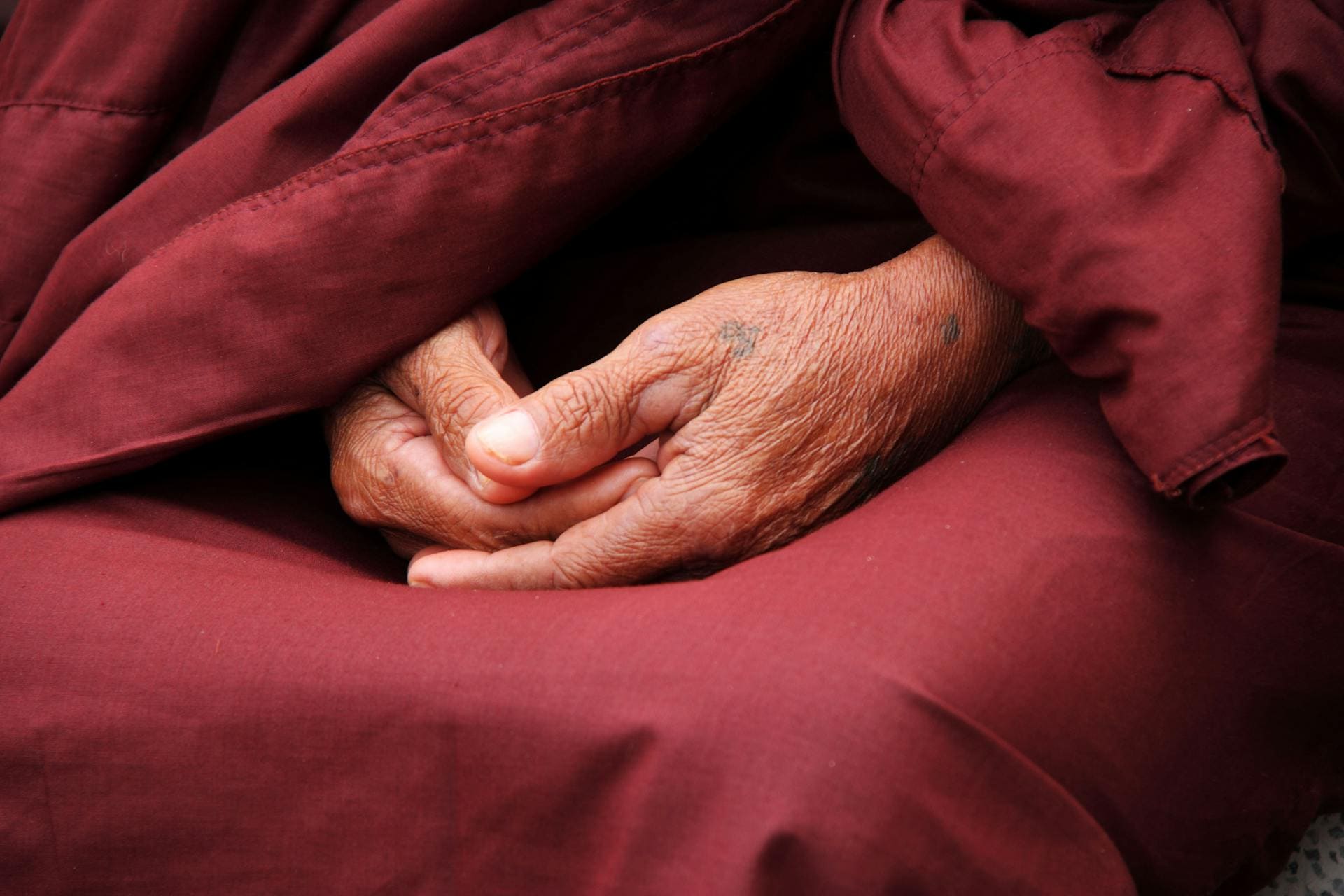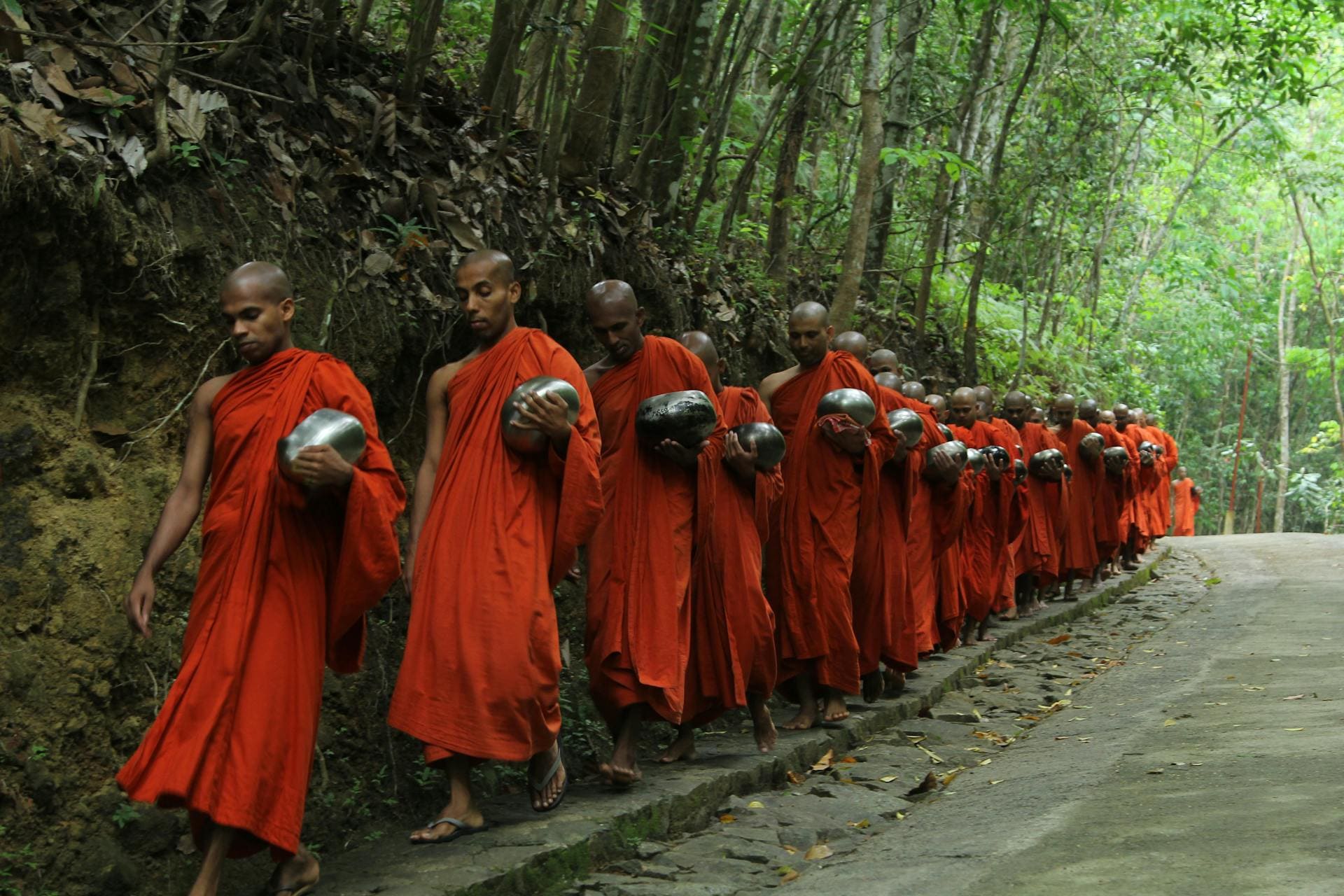There are countless religions in the world. One of the most popular religions is Buddhism, which originates from ancient India.
As Buddhism is one of the largest religions in the world, they have many practices and beliefs.
But do Buddhists believe in heaven?
No, Buddhists do not believe in heaven. They do not believe in heaven or hell and neither places are present in Buddhism. Instead, life and death are seen as a continuum where your soul or consciousness can continue after death by being reborn.
Cycles of life are important to Buddhism and make up their core beliefs, and there are certain realms that impact the cycles.
The rest of this article will cover why Buddhists don’t believe in heaven, what they believe in, and what heaven means in Buddhism.
Why Buddhists Don’t Believe In Heaven
Heaven isn’t a concept in Buddhism. Similarly, hell isn’t either.
Neither heaven nor hell is present in Buddhism because there is no divine spirit that gives souls a punishment or reward.
However, although there are no gods they believe in, there are supernatural figures that guide them.
Their goal is enlightenment rather than heaven.
Although there is a realm referred to as heaven, their heaven is different from the one you’re picturing.
Thanks to this, Buddhists do not believe in the heaven depicted in many forms of media.
Instead of having a single reward or punishment, Buddhism covers the cycles of life and the changes we go through.
Many of their core beliefs revolve around the idea of change.
However, there is a fundamental concept in Buddhism that relates to a soul’s fate: karma.
Karma is a fundamental belief in Buddhism. Karma impacts us positively or negatively depending on our past actions.
In Buddhism, believers strive to avoid bad karma. To describe how good and bad karma impacts us, Buddhism often uses metaphors relating to agriculture.
For example, good or bad fruit.
What Buddhists Believe In
Since Buddhists don’t believe in heaven, they believe in other events that occur after death.
They have their own set of rules and beliefs they follow closely.
Heaven is not on that list, instead, they believe that enlightenment is the way.
Buddhists practice spiritual development. Their core beliefs revolve around the spirit and the suffering it goes through.
One of their core beliefs is that life is painful and causes suffering.
This may sound pessimistic, but it actually means that humans can create more suffering by suppressing emotions, particularly difficult ones.
Another core belief is that life is continuous, or in constant flux. Buddhism believes in impermanence.
When a moment in our life passes, we can never replicate it. Our lives keep moving, and we develop as time goes on. The goal is to celebrate change.
One last core belief is that the self is always changing.
In Buddhism, this belief is that there is no stable “self”. This idea shows that we as people are always changing and finding new ways to identify ourselves.
So, instead of finding yourself, the goal is to find your current self since you will change over the course of time.
What Heaven Means In Buddhism
Heaven is present in Buddhism, but not in the way you’d think. Heaven is not a place above the clouds where your soul goes to rest after you die.
Instead, heaven is one of the six realms in Buddhism. These six realms are the realms of existence.
In these realms, you’ll see the words heaven and hell used. The six realms are gods, demigods, humans, animals, hungry ghosts, and hell. You’ll also see the gods’ realm referred to as heaven.
Since karma is a huge part of Buddhism, karma determines the realms as well.
For example, bad karma such as theft and adultery are found in hell.
Another example is the hungry ghost realm, where karma such as craving in excessive amounts is found.
Karma is a result of a mental or physical act. Depending on if it’s positive or negative, the consequence will either be good or bad.
In Buddhism, the birth someone has in their life is determined by the karma you had in previous lives.
